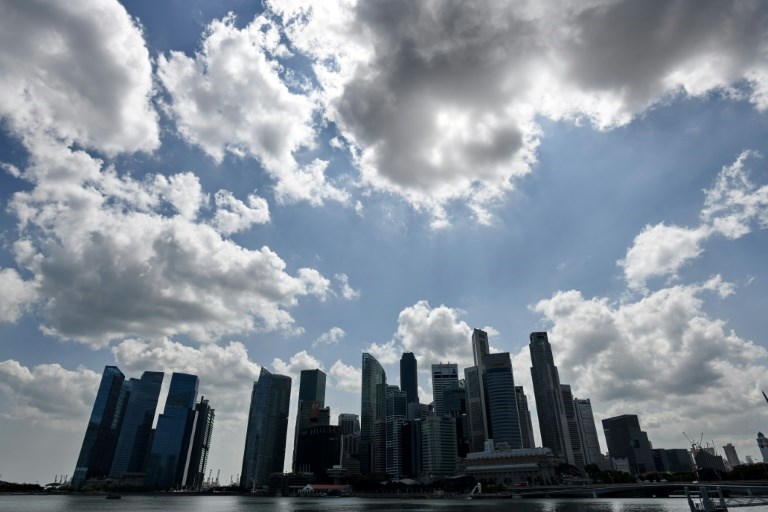Singapore on Monday proposed allowing private home owners to rent out their property for short-term stays but with stringent conditions, a move welcomed by home-sharing giant Airbnb.
It came after two Singaporean Airbnb hosts were fined Sg$60,000 ($45,800) each this month for letting out apartments without official permission, underscoring the land-scarce city-state's strict rules on short-term rentals.
The prosecution prompted criticism from the firm, which is a popular and often cheaper alternative to hotels, and authorities decided to examine the issue.
On Monday the government's Urban Redevelopment Authority (URA) published proposals for a regulatory framework for private home owners wanting to let out their properties for tourists.
Members of the public are invited to provide their feedback until May 31.
The proposal refers to private homes in the city-sate, which are usually gated, high-rise condominiums with strict security policies.
It does not cover the government-subsidised apartments where more than 80 percent of the population in the rich but land-starved country live.
The URA's proposals included measures to safeguard the security and privacy of private home residents, including a short-term rental cap of 90 days per year and limiting the number of persons renting a unit to six.
A person wanting to rent out his property for short-term accommodation must also get majority support from the other homeowners in a condominium complex, according to the proposal.
Airbnb welcomed the suggestions.
"This public consultation is an important step for the significant number of locals who want to share their homes, and travellers who want a unique and authentic experience when they visit Singapore," said Mich Goh, head of public policy for Airbnb Singapore.
Christine Li, head of research at real estate firm Cushman and Wakefield Singapore, said the proposed framework is unlikely to have a significant impact on the rental market due to the cap.
"Landlords are still dependent on longer-term tenants who are working and living in Singapore, rather than short-term tourists," she said in a statement.
In some countries, Airbnb has faced criticism that it worsens housing shortages and squeezes the long-term rental sector.



